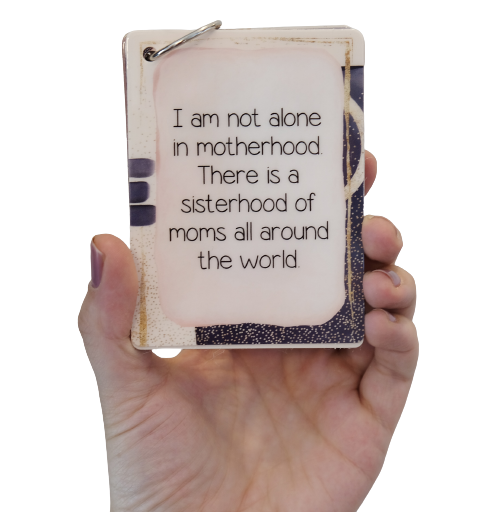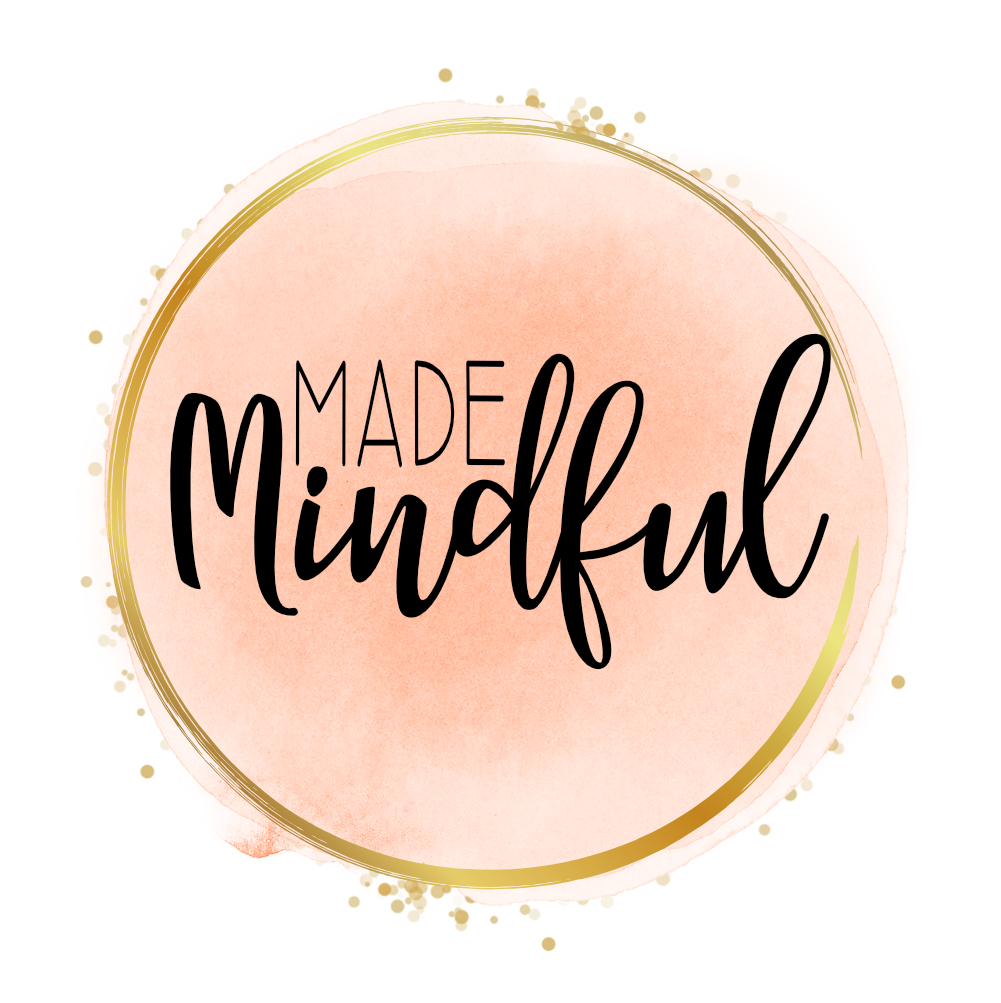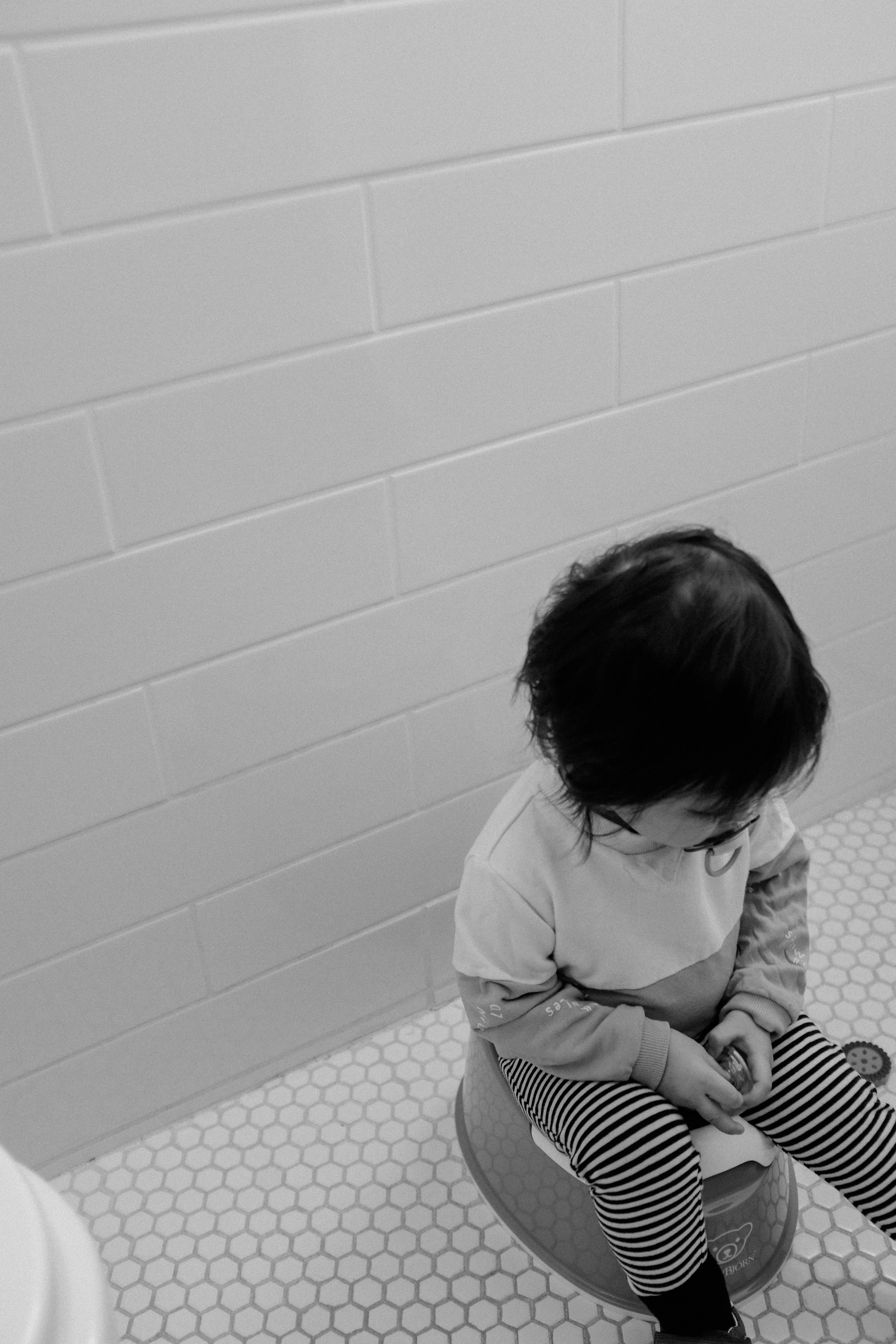“A what age was your child able to use the toilet?” Potty training truths and tips from a mom of five!
The Christmas of 2019, my two-year-old gave me one of the greatest gifts I could’ve ever asked for. She sauntered past me, bare bottomed and beautiful, and informed me she was “almost done with going potty in her pants!” That blessed Christmas holiday would be one of her lasts full days in diapers, although it took until the following May to be truly accident free and night time toilet trained.
Although I have seen the question, “ At what age was your child fully potty trained?” on kindergarten and school enrollment forms , I have yet to see this same question in any job application or lease agreements! Yet, preparing your toddler to potty train can be one of the greatest challenges any mother will face.
There are many programs, reward charts, techniques and literal song and dances to successfully “train” your toddler to use the potty. This is a most personal and ever changing process and I believe there are many correct answers to the pressing question of “ when should my Baby be out of diapers?”
Here are some new methods and a few tried and true toilet training techniques to encourage you to mindfully roll up your sleeves, get down and dirty and jump in with both feet forward.
Some parents believe in teaching your infant to eliminate and use the toilet from the moment of birth and never truly have a potty training phase. This method is called elimination communication (EC) and is centered on the idea that babies naturally signal when they need to go. Andrea Olson of Go Diaper Free Explains, “ EC works because this is how NATURE created us. Babies are extremely instinctual, and when we parents zoom out, we can see that they are trying to tell us what they want - beyond eating, sleeping, and staying warm! “
As a parent, you are in tune and connected to your baby and when you listen to their cues of elimination. The EC method teaches that you can position your baby over a potty and allow elimination to occur. As you progress in this method, you and your partner can make a sound (like a whistle or a hiss) that they will learn to respond to conditionally and begin to pee and poop on demand.
Andrea is a huge advocate and has shared, “Pottying your baby can make baby-raising cleaner, easier, and MUCH more connected. Plus, it protects the environment while your baby's dignity remains intact.”
Many parents find elimination communication can be the perfect plan to fit into their work and family schedules, but some may find it easier to do it part time, only in daytime hours, or from ages 9- 18 months. Although this method does allow for strong bonding and economic cutback on disposable diaper and wipes cost, it can cause problems if a child holds the urine or fecal matter in their body for too long.
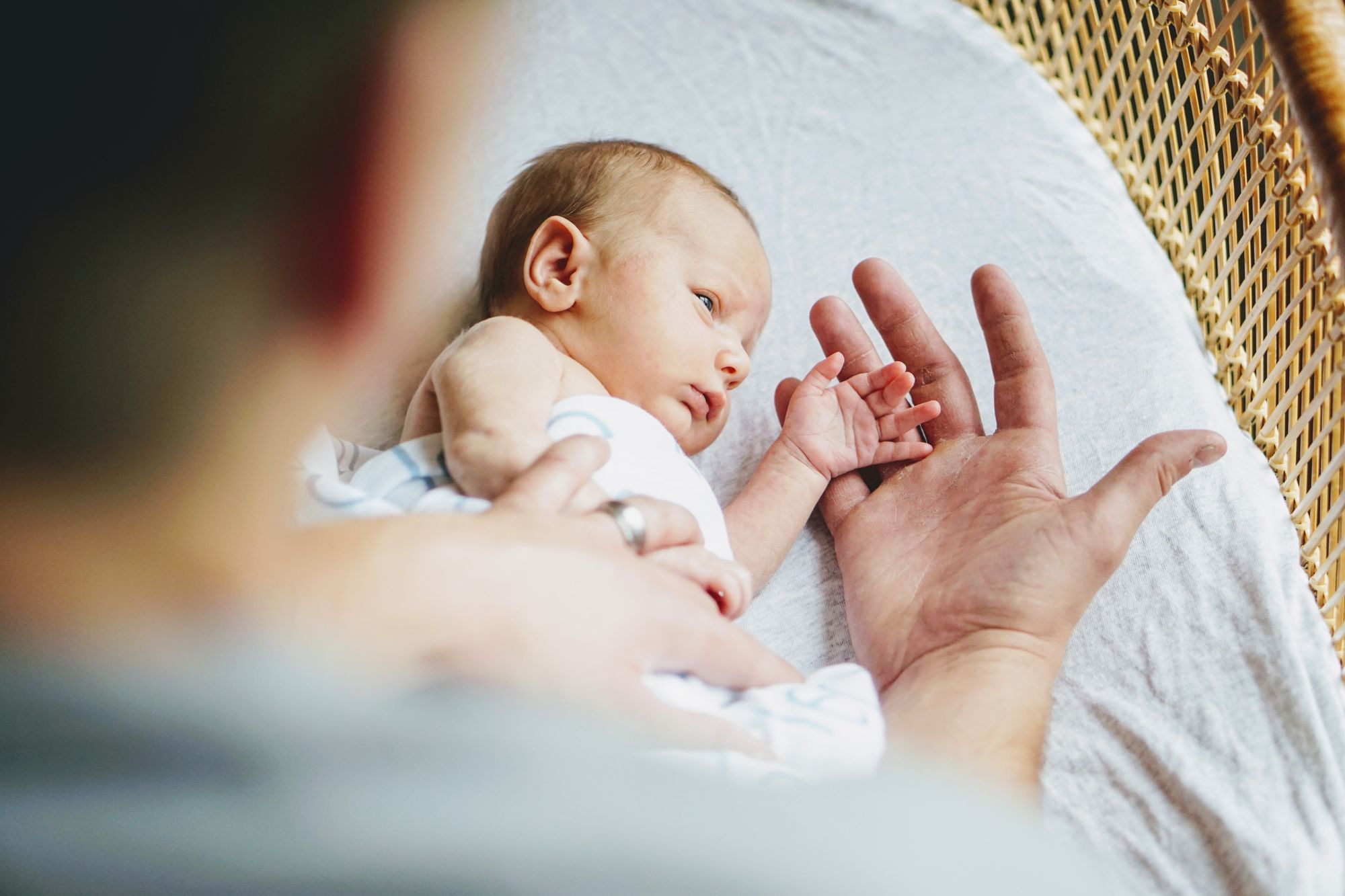
The readiness approach coined by T. Brazelton States, "There is an optimum point at which to begin toilet training, based on a child’s willingness to co-operate and engage with the process of developing toileting autonomy. Waiting until a child has developed a certain set of physical and cognitive skills will reduce the risk of unwarranted psychological or psychological damage.”
If you are using cloth or disposable diapers, you will most likely find a growing need to potty train when your beautiful cherub starts hiding behind the couch or sneaking into the closet to do their business. This tell tale sign is an indication that your child knows when they need to go, are starting to sense what these bodily functions feel like, and want to do it in the privacy of a secured and secluded space.
I have found many children will start to recognize the need for alone time in the bathroom around 16- 20 months old. This is the time when they typically run everywhere they go, are talking about everything they see (even if it’s adorable baby babble) and are hard to pin down. Dr. Brazelton acknowledged that sphincter control could be developed by 9 months of age and suggested that the optimum time to start potty training was in fact between 12-18 months.
Whether you want to make the big trip to the store to buy your first tiny toilet, invest in a splash free toilet seat for your original toilet or pull out and sanitize your own little potty that your big sister passed down- this is a moment not to be forgotten.
Creating a sticker chart, having a skittle, m&m, or mini bubble gum jar, filling a stamp book and establishing a prize system for merely sitting on the potty will go a long way in the race to the toilet trained finish line. When your baby shows signs of needing to go, the encouragement of parents, grandparents, friends and other relatives to use the potty with or without their diaper on will reinforce that this is a safe place and that going in a potty is what all the “cool kids are doing.” I often ask my babies what their body feels like when they are using the toilet and have them put their hand on their belly and intestines so they can recognize these sensations. This becomes a powerful tool in expressing and teaching children how different feelings, emotions, and illness can feel later on in their lives.
Once you’ve established what motivates your child and what privileges and rewards come with toilet training, you may be ready to pull out the big guns! Buying big kid pants, undies, panties, or sous-vetements (as we say in french) is an exciting time in every child’s life. This transition will come with many set backs and accidents. One of the most important things to remember in these perhaps frustrating moments is that accidents will happen - in your baby’s pants, panties, right by the toilet, at school, in the car, and in public. A most crucial step in moving forward and mindfully potty training is establishing that there should never be any shame, guilt, or punishment when these moments occur.
Ultimately, the best preparation, is to act as if you still have a diapered baby and pack extra clothing (even socks) underwear and diapers wherever you go and have plenty of rags, towels, paper towels and sponges on hand for clean up at home. Engaging my baby in helping to clean up any accidents allows them to recognize that they missed the potty and can try again next time.
In potty training, the more you pressure, press and force a child (especially one who is not emotionally or physically ready to take the leap into using the toilet) the more you will be cleaning up accidents and finding the process isn’t working for you and your child. It may even cause unnecessary sadness or frustration. There is nothing wrong with taking a step back to reflect on what family occurrences may be causing added stress, pausing for a brief break due to vacation, holiday or arrival of family members, or rescheduling the whole training process for a later time. As a mother, the intuition you have for you and your child will ultimately guide you on when and how to make these timely decisions.
There is no magic age, no final date, no perfect time where your diapering days are over, and no way to gauge when the accidents will be over. Most children can make the potty training leap around their third birthday. According to American Family Physician, 40 to 60 percent of children are completely potty trained by 36 months of age. However, some children won't be trained until after they are 3 and a half years old.
As you embark upon this seemingly ominous adventure into unknown territory, the book, "Toliet Training- The Brazelton Way" by T. Berry Brazelton M.D. and "On Your Potty" (George and Bartholomew) by Virginia Miller. These books are great reads and may guide you into a more mindful approach to train your beautiful baby.
Whether you choose to train in one day, one weekend, 18 months or find yourself pulling on pull ups at age 5, remember that all children are built differently and will experience the emotions of fear, separation, anxiety and accomplishment differently. While some children may cry and hold back a bowel movement for days, others may have no issues using the potty. Some children want a gum ball each time they tinkle, others need a massive song and potty dance. Believe it or not, some children may even ask to take pictures. Others may quietly wash their hands and move on without any fanfare. This is the joy of motherhood - growing through, alongside and with the unique difference of your children and realizing that although this is a giant accomplishment - they probably won’t have to answer the potty trained question on their college entrance exam!
Made Mindful may earn an affiliate commission if you purchase through recommended Amazon links.
Article By Christina Packard

Christina is the mother of 5. She is a writer and educator for Made Mindful, LLC. Along with gardening, embroidery, and playing the piano and trumpet, she finds thrills in anything DIY or craft related.
Need some encouragement to get through potty training 5 little humans? Check out Made Mindful's Mother Affirmation Cards on Amazon!
